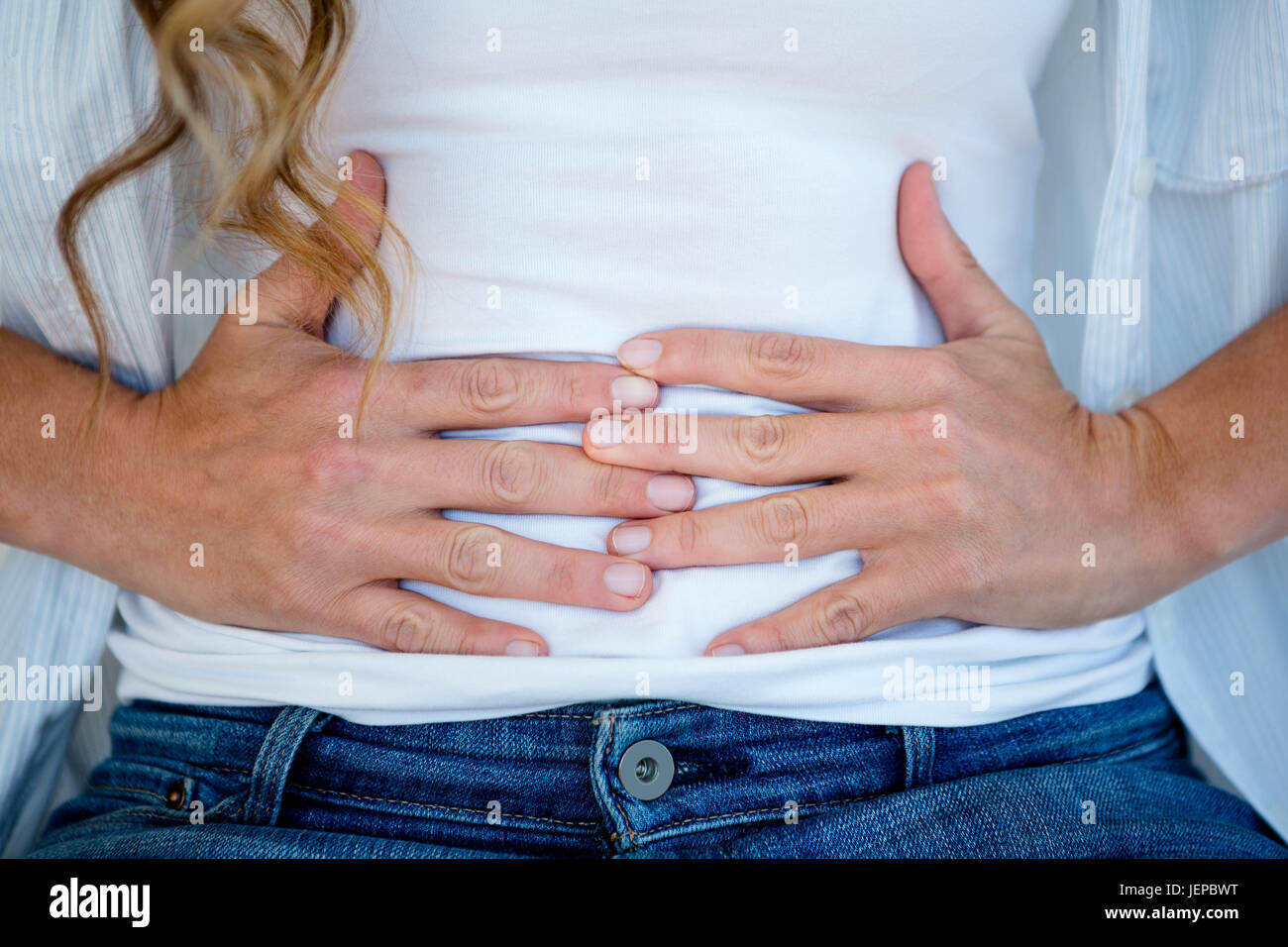

In most cases indigestion is related to eating, although it can be triggered by other factors such as smoking, drinking, alcohol, pregnancy, stress or taking certain medications. Therefore, their symptoms are thought to be caused by increased sensitivity of the mucosa (to acidity or stretching). The majority of people with indigestion don't have inflammation in their digestive system. The stomach acid breaks down the lining, leading to irritation and inflammation, which can be painful.

Indigestion may be caused by stomach acid coming into contact with the sensitive, protective lining of the digestive system (mucosa). Read more about the symptoms of indigestion. Indigestion is a common problem that affects many people, but in most cases it's mild and only occurs occasionally.

coli, Clostridium, Vibrio, Campylobacter, and Yersinia spp. There are bacterial causes of gastroenteritis such as Salmonella, Shigella, Campylobacter Aeromonas, E. Other causes of gastroenteritis include Rotavirus, Astrovirus, Adenovirus, and Sapovirus. The most common cause of gastroenteritis in the United States is Norovirus. The most common signs and symptoms of gastroenteritis are nausea, vomiting, diarrhea, and abdominal pain. Stomach flu (gastroenteritis) is a term referred used to describe a variety of gastrointestinal problems. Complications of gastritis include gastric cancers, MALT lymphoma, renal Ranitidine (Zantac 75), or proton pump inhibitors (PPIs) like omeprazole Non-prescription antacids, histamine blockers like famotidine (Pepcid AC) or Some people get relief from gastritis symptoms with prescription and Gastritis is diagnosed with endoscopy, blood tests, or stool tests. Green leafy vegetables, coconut water, and wheat bran. pylori infection growth in the stomach include apples, onions, garlic, teas, Foods that sooth gastritis symptoms, and that help reduce and stop H. Other stomach lining irritants that aggravate symptoms include cigarette smoking, acidic juices, caffeine, tomato products, peppers, and chili powder. Fried, fatty, and spicy foods, and alcohol aggravate gastritis symptoms. Alcohol, caffeine, and high-fat foods also can cause gastritis. Nonsteroidal anti-inflammatory drugs (NSAIDs) are the two main causes of gastritis. Have no gastritis symptoms, but when they do occur they may include bloating,īelching, loss of appetite, nausea, and vomiting. Gastritis (acute and chronic) is an inflammation of the lining of the stomach Some people


 0 kommentar(er)
0 kommentar(er)
